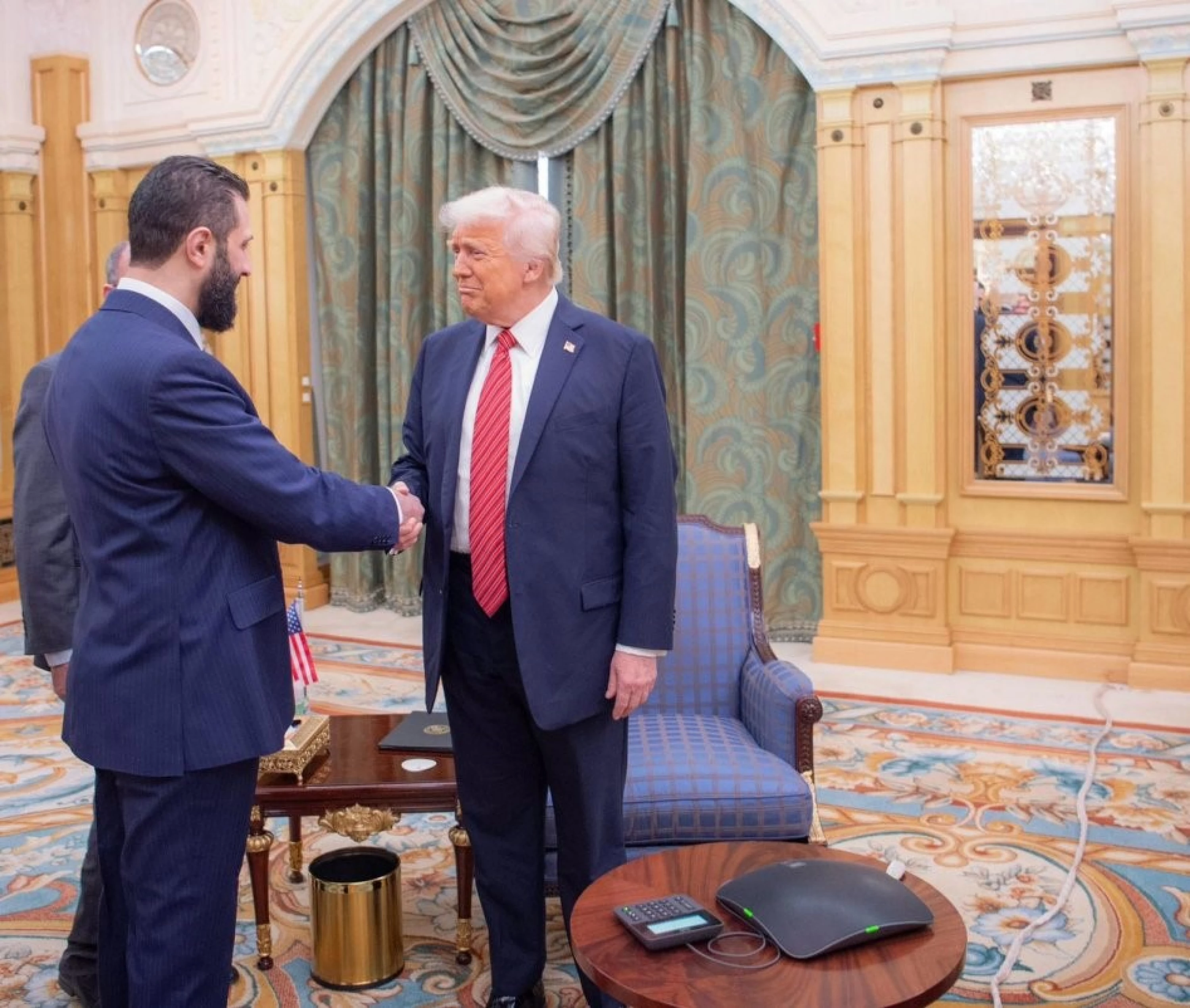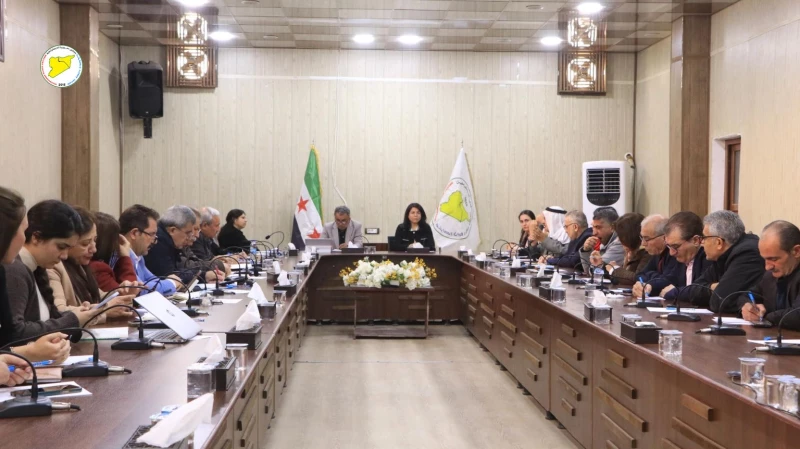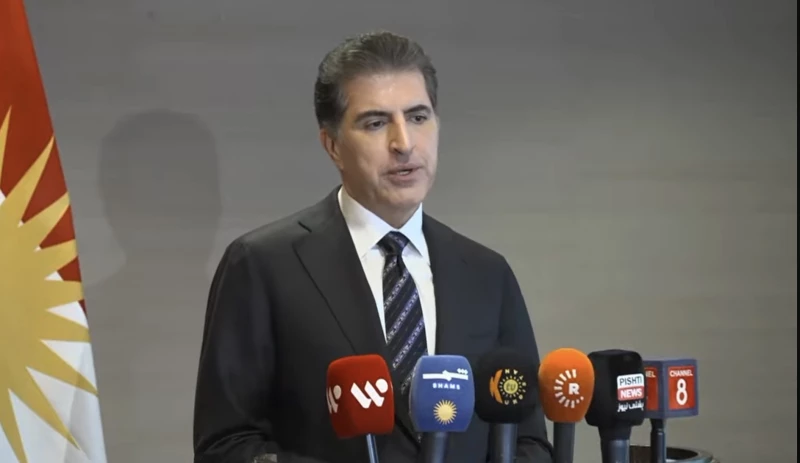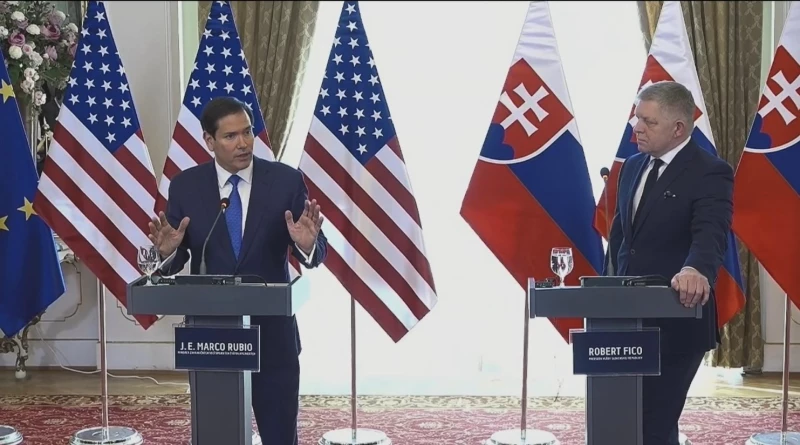ERBIL, Kurdistan Region of Iraq - Syrian President Ahmed al-Sharaa will meet US President Donald Trump in the White House on Monday, White House Press Secretary Karoline Leavitt announced at a press conference on Tuesday.
“I can confirm that that meeting will be taking place here at the White House on Monday," Leavitt told reporters.
"When the president was in the Middle East, he made the historic decision to lift sanctions on Syria to give them a real chance at peace, and I think the administration, we’ve seen good progress on that front under their new leadership," she continued.
Trump first met with the Syrian leader in Riyadh in May, marking a seminal moment in Damascus' international posture following the overthrow of former President Bashar al-Assad in December by Sharaa's Hay'at Tahrir al-Sham (HTS) forces. The meeting came one day after Trump made a landmark decision to remove all sanctions on Syria “in order to give them "a chance at greatness."
Syrian Foreign Minister Asaad al-Shaibani in early November described Sharaa's upcoming Washington visit as "historic," adding that "many topics will be discussed, starting with the lifting of sanctions," Shaibani said. The Syrian top diplomat also referenced counterterrorism cooperation against the Islamic State (ISIS), saying that "any effort in this regard requires international support."
US Special Envoy for Syria Tom Barrack on November 1 expressed his hopes that Damascus will soon join the US-led Global Coalition against ISIS.
Sharaa met with US Secretary of State Marco Rubio on the sidelines of the UN General Assembly in New York in September, with the pair discussing sanctions relief and reshaping Syria’s ties with Israel.
"I met with Syrian President al-Sharaa about our shared goals for a stable and sovereign Syria and ongoing efforts to bring security and prosperity to all Syrians. We also discussed implementing President Trump’s historic announcement on sanctions relief and the importance of Israel-Syria relations," Rubio said on X.
Sharaa has faced international backlash over multiple spates of sectarian bloodshed following his ascension to power in which members of the Kurdish, Alawite, and Druze communities were targeted. The UK-based Syrian Observatory for Human Rights (SOHR) in October reported that 11,000 people, including over 1,000 women and children, have been killed since the fall of the Assad regime.



 Facebook
Facebook
 LinkedIn
LinkedIn
 Telegram
Telegram
 X
X


